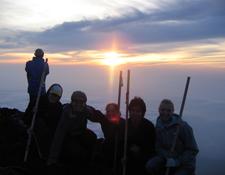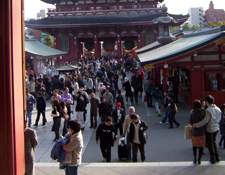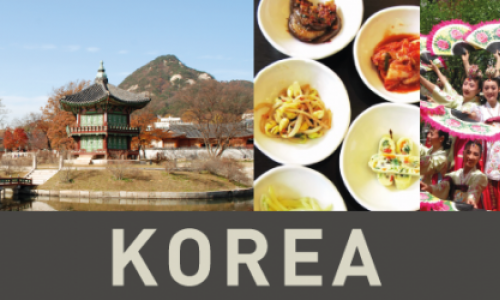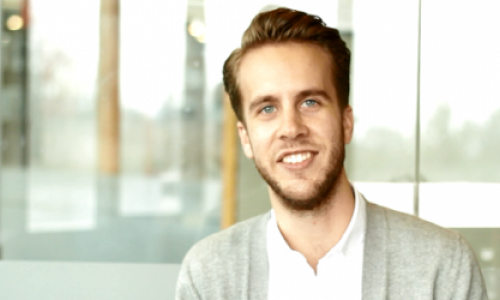
As anyone who has spent a significant amount of time immersed in another culture knows, coming home is often bittersweet. While you may be anxious to get back to your “familiar” life and use the skills and experiences that you gained abroad to move forward in your education, career and personal life, you may also feel misunderstood, isolated, lonely or disconnected from the people you love.
“Overwhelming” is how Lana Bezglasna, a Communication student who spent 8 months teaching English in Japan with Peppy Kids Club, describes the first couple of weeks home, “I felt a bit like an outsider, as if I lived in my own little bubble”. Having grown accustomed to a certain degree of not being able to understand her surroundings in Japan, she felt her senses over stimulated from the amount of information she understood once back home.

Arriving back in Canada the day before school was set to begin, Lana jumped right back into her old student-life routine, spending a lot of time reconnecting with family and friends, and trying to catch up on everything that she had missed while away.“A great way to gradually re-integrate yourself into the Western environment is to go traveling after living abroad,” Lana shares, “while traveling, people usually meet a lot of foreigners who speak English.” Traveling after your placement is also a great opportunity to experience even more of the culture and country that you have been living in and it gives you time to reflect on all that you have learned.
The readjustment process can also leave the sojourner with another form of unexpected homesickness - missing your host country. “The friendships that you make while living abroad are very strong,” Lana says, “You have to open up quickly to the people surrounding you because there is no one else around who speaks the same language as you!” She stresses the importance of this community of friends to whom you can fully relate and who would be able to understand you perfectly because it is easier to establish a stronger sense of understanding and unity. Lana recommends staying in close contact once you return home with the friends you made while abroad. You can share with people who can relate to your experiences better than anyone at home.
Be prepared for people’s interest in your international co-op experience not to be as high as you might have hoped. Don’t take it as an insult; they’ve had lives going on while you were away and maybe haven’t experienced such a life-altering 8 months. Therefore, they can’t understand where you are coming from. Having said this, keep in mind there is an interested audience including your parents, your fellow international co-op students, co-op students interested on going international and your co-op advisors.
Your international placement will have changed you, giving you a new perspective on the world, so naturally, you will experience the “familiar” through new eyes. There are many people at SFU who are here to help you with your transition back into the Vancouver lifestyle. Post some thoughts and network with other students who have returned from international co-op placements in the Working Internationally Forum, visit your home co-op coordinator, or drop by the international co-op office (MBC 1100). Trained counselors are available at SFU’s Health and Counseling Centre if you want someone to talk to as well.













